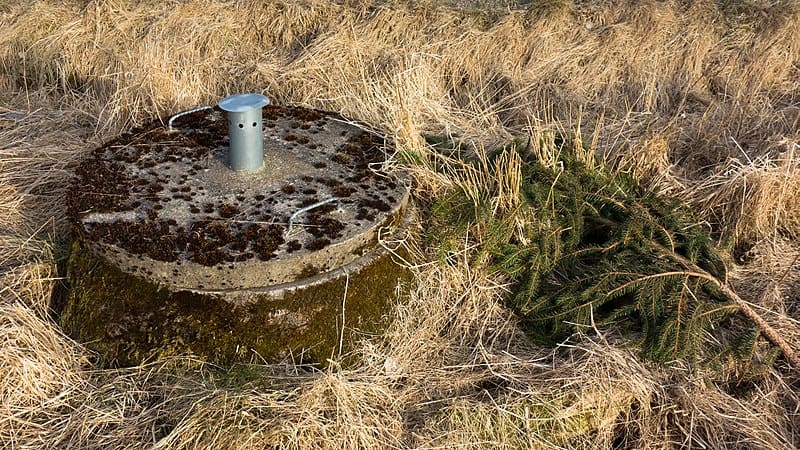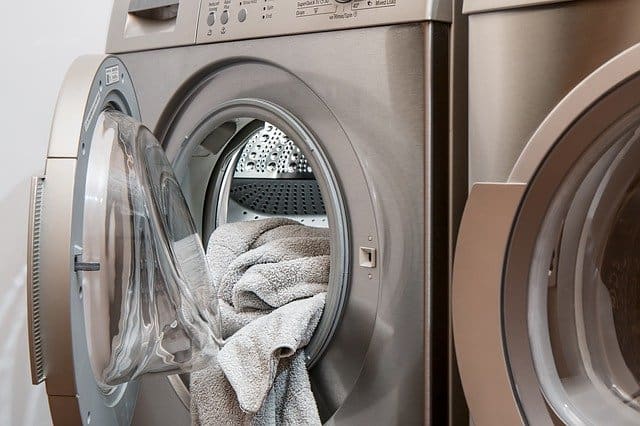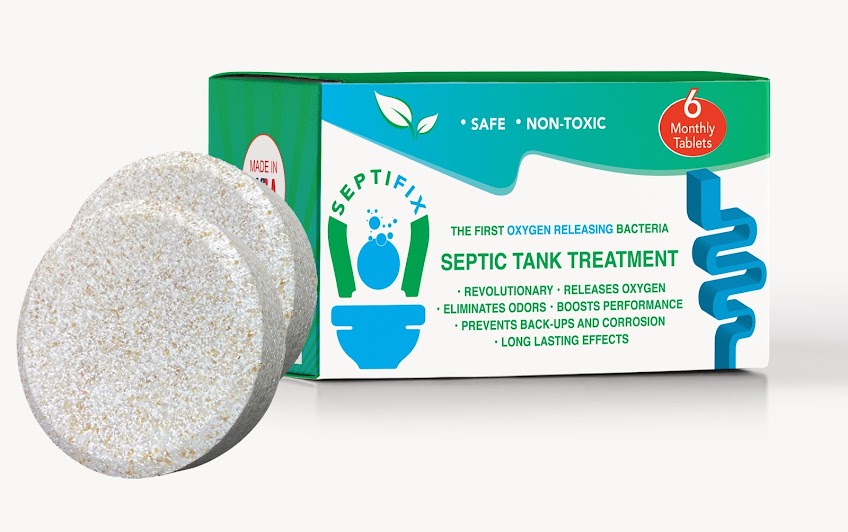How long does a septic tank last?
A septic system is an underground wastewater treatment structure and provides many benefits. It is much cheaper to install and maintain than extensive sewer lines. Plus, septic systems are environmentally friendly because bacteria are removed before the water is released into the soil. Moreover, the released wastewater is absorbed by nearby plant life.
So, how long does a septic tank last? A septic tank typically lasts anywhere between 15 – 40 years. The lifespan of a septic system depends on many factors. These include the construction material, maintenance practices, soil acidity, and water table, among others.
In case your septic tank was installed several years back, this post will provide you with accurate information that will help you how much time it may have left. In this post, we will be discussing all important factors that affect a septic tank’s longevity. We will also discuss how you can make a septic system last as long as possible. If you believe your septic tank requires a thorough maintenance check, this post will show you the best way to go about it.
Call Septic Service Pros 1.855-925-0760 For Service or Request a Quote
How long does a septic tank last?
Diamonds may or may not be forever, but septic tanks surely are not. Like most things in life, they have an end date. A septic system usually remains functional for 15 to 40 years. How long your septic tank will last depends on various things. The most important ones are the construction material, maintenance practices and usage, water table, and soil acidity.
Let us look at each of these factors in detail.
Construction Material
The construction material is the single most important factor that determines your septic tank’s longevity. Several materials are used for constructing a septic system, but concrete and steel are the two most popular ones.
- Concrete (Average lifespan = 40 years)
Compared to other septic tanks, concrete septic tanks last the longest — 4o years or more. If a concrete septic tank is designed properly and installed correctly, you can reasonably expect it to last at least 40 years. With proper care and maintenance, it can even last up to 50 years (that is half a century!). Because of their longevity, concrete septic tanks are very popular.
As long as the tank is built from quality concrete and there is no clogging or rusting in the pipes, a concrete septic tank will last a very long time. Having said that, all types of concrete septic tanks requires periodical inspections, and concrete systems are no different. A septic inspection provides you with a detailed report about the health of your septic system and helps fix minor issues before they turn into huge problems.
Concrete septic tanks are more expensive than other types of septic tanks and sometimes not easy to install. However, their long lifespan makes up for these shortcomings.
- Steel (Average lifespan = 15 years)
At the other end of the longevity spectrum are steel septic systems. They last the least number of years, usually 15 – 20 years. The main reason for their short life span is rusting. Steel septic systems are prone to it and as such need replacement every 15 to 20 years. But keep in mind that if you don’t get your steel septic system inspected on a regular basis, it may last fewer than 15 years. A septic inspection helps identify an issue before it can do irreparable damage. Therefore, if your steel septic system is more than 8 years old and you have not had it inspected in last 1-2 years, get it inspected without delay.
Call Septic Service Pros 1.855-925-0760 For Service or Request a Quote
- Drain Field (Average lifespan = 50 years)
A drain field is an important component of a septic system. Also known as a leach field, a drain field has several pipes which branch off from your septic tank and distribute the waste expelled by the system. If the drain field is not working properly, the septic system will fill up rather quickly. This would lead to waste overflowing in your yard, which can be a serious health issue for all those who are exposed to any toxic waste overflow.
Drain field pipes are made up of steel, cast iron, or PVC plastic. With proper installation and maintenance, they can last for 50 years. If you have cast-iron or steel pipes, get them inspected at least once every 12 months. PVC pipes also require periodical inspections to make sure they are working properly. Damaged or leaking pipes can contaminate the property and warrant an expensive cleanup. When it comes to a septic system, it is best to be proactive. That would allow you to fix potential issues before they develop into a problem.
Soil Type
How long a septic system will live also depends on the acidity level of the soil around the system. If you have the drain field in clay-like soil, dispersing the waste into the soil will prove much harder. This, in turn, can cause clogging and eventually overflowing, which is a serious health hazard. That is why if the septic tank is buried in hard soil, you will need to schedule inspections and maintenance more frequently.
- Non-acidic soil
Experts state that non-acidic soil is more suitable for installing a septic system. That is because acidic soil corrodes cast-iron, plastic, and steel pipes over time. The same goes for the septic tank made out of steel or any other material which is prone to corrosion. For this reason, septic systems installed in non-acidic soil tend to last much longer than those buried in acidic soil.
- Highly acidic soil
Soil that is highly acidic can negatively impact a septic system’s lifespan. Compared to plastic and steel tanks, concrete septic tanks are impacted less by highly-acidic soil. That said, eventually, this type of soil will take a toll on almost every septic system, including those made out of concrete. For this reason, if you are planning to buy a house, get the soil tested to check how acidic it is. In the event of highly-acidic soil, you should consider getting your septic system inspected more frequently. Also, also carry out schedule routine maintenance more frequently.
Water Table
A water table that is too high can seriously impact the longevity of a septic system. When the water table is high, the soil is not able to absorb water dispersed by the drain field. In this situation, the water backs up into the septic tank as it cannot go anywhere else, resulting in the overflowing of your septic system. In case you reside in a low-lying area or a floodplain, the soil is likely to have a high water table. That means you may frequently experience backups, which is going to reduce your system’s lifespan drastically.
Usage
The more you use the septic system, the sooner it will likely need replacement. In other words, there is a huge difference between one person using a system and five persons using it. That said, you can counter the extra strain your septic system is being subjected to by maintaining it well with frequent inspections and service.
Signs your septic system is aging and what you can do about them
Here are some tell-tale signs of an aging septic system and potential solutions:
- Formation of a thick sludge layer indicates that your septic tank is aging. A thick sludge layer makes it harder to filter wastewater. Regular draining will help you keep the sludge level low and prevent overflow
- If the solid waste levels exceed 1/3rd of your septic tank’s depth, your septic tank is aging. The solution is to get the tank serviced frequently
- Rust-colored streaks indicate toward an aging system, as does crumbly concrete streaks. Both of them point toward a structural problem with your septic system. You should contact experienced septic tank maintenance professionals without delay.
Importance of routine inspections and maintenance
The most efficient way to improve your system’s longevity is to opt for professional maintenance and periodic inspections. Periodic inspections and regular maintenance will insure that your septic system is in perfect working condition and will help fix any minor issues without delay.
You should also follow best septic tank usage practices to keep it healthy and prolong its life. These include:
- Do not use harsh chemicals, such as bleach
- Avoid flooding the septic tank system with excessive water
- If there is any leakage in plumbing, get it remedied as quickly as possible
- Avoid putting food and garbage disposable units in the drain










